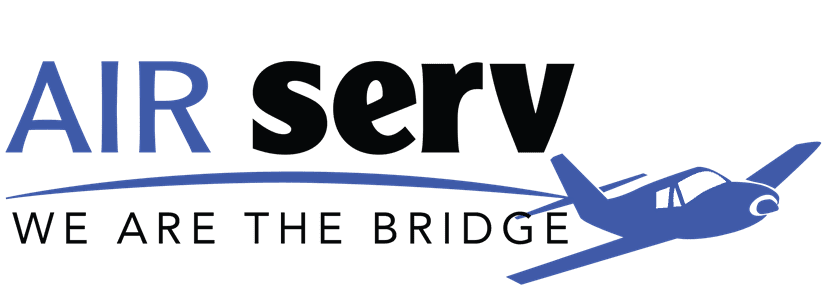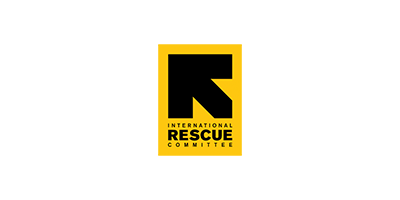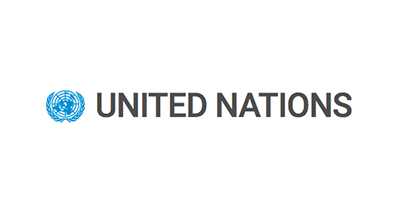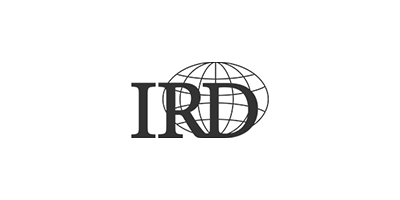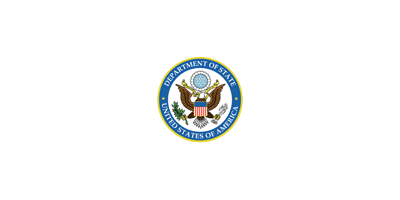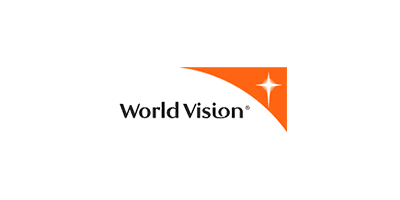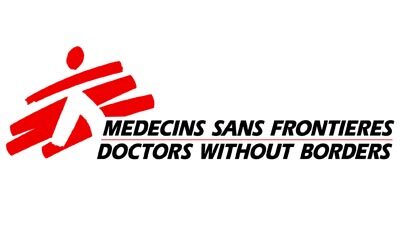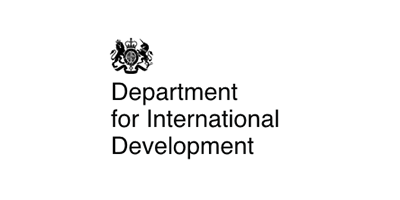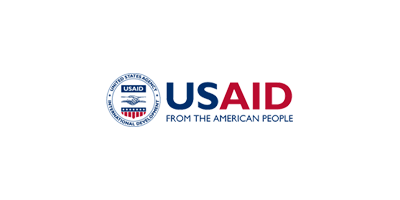AFRICA
Angola – From 1975-2002, Angola was in a state of civil war. Air Serv began operations in support to the United Nations Development Program in December 1990, providing a King Air 200. Air Serv was forced to withdraw from Angola due to the instability caused by war but resumed operations, which concluded in October 1991.
Bahrain – In 2003, Air Serv positioned an Antonov AN-12 cargo aircraft in Bahrain as part of an extensive humanitarian airlift program in partnership with the US Office of Foreign Disaster Assistance. The plane was used in conducting initial assessments of relief operations and for delivery of emergency relief supplies.
Burundi – From 1993-2006, the country of Burundi was plagued by civil war. In 1996 and again from 1998 to 1999, Air Serv based a Twin Otter in Bujumbura to assist the World Food Program in relief efforts for over 2.5 million refugees and internally displaced persons.
Central African Republic – In 2003, the United Nations High Commissioner for Refugees launched a repatriation program to assist refugees from the Central African Republic in returning home after two years in the Democratic Republic of the Congo (DRC). Air Serv provided support to United Nations High Commissioner for Refugees via aircraft based in Kinshasa, DRC. In 2004, an Air Serv King Air B200 and Cessna 208B Grand Caravan were used to fly workers around the Congo Basin in support of the Congo Basin Initiative to preserve rainforests in the region.
Chad – Air Serv began operations in Chad in 2004, basing its first aircraft in N’djamena and later adding a second in Abeche. The programs were in partnership with the United Nations High Commissioner for Refugees, in response to the escalating crisis in Darfur. Air Serv planes assisted the thousands of refugees crossing the border of Western Sudan in an attempt to flee the violent fighting. When international UN and NGO staff were advised to evacuate in 2008 due to a worsening threat and increased instability, Air Serv teams remained on standby in country in order to perform emergency evacuations. As the conflict continues today, Chad remains the site of two Air Serv programs. Two Twin Otters are currently based in N’jdamena and Goz Beida to support World Food Program operations.
Democratic Republic of the Congo – In 1995, Air Serv based it’s first aircraft in Goma, DRC. Since then, Air Serv has consistently operated programs throughout the country, marking over twenty years of experience there. In 2004, DRC became Air Serv’s largest single country operation, with program bases in Kinshasa, Goma, Bukavu, Bunia, and Lubumbashi. That same year, Air Serv became part of the Congo Basin Initiative, supporting USAID in the central African region. In 2006, Air Serv dedicated an aircraft to the International Organization for Migration European Union Elections Observer Mission to help oversee the country’s first multiparty election in 41 years. Roughly the size of western Europe, DRC is a country plagued by disease, violence, and instability. In the last two decades, over 30 humanitarian, non-governmental, and UN agencies have depended on Air Serv for aviation support. Current programs are based in Bunia, Kalemie, Bukavu, and Lubumbashi in support of Medecins Sans Frontieres and the World Food Program.
Djibouti – By the mid-1990s, a humanitarian crisis had erupted as a result of ongoing fighting in Somalia. The surrounding countries of Ethiopia, Kenya, and Djibouti became hosts to numerous refugees displaced from Somalia by the conflict. In 1996, Air Serv began operating a Cessna Caravan out of Djibouti, flying in support of the United Nations High Commissioner for Refugees throughout Somaliland. The aircraft was utilized in the movement of humanitarian personnel, refugees, diplomats, emergency supply cargo, and medical evacuations.
Ethiopia -Air Serv’s first program commenced in Ethiopoia for the United Nations International Children’s Emergency Fund in January 1985, in response to the Ethiopian famine. Working in partnership with World Vision, Mission Aviation Fellowship, and Food For the Hungry, Air Serv operated programs in 1985, 1986, and 1988, moving 30+ million pounds of food.
Guinea – In 1997, Air Serv established a base in Conakry, Guinea to support refugee camps established by the United Nations High Commissioner for Refugees (UNCHR) throughout western Africa. At its height, the program utilized three King Air 200s operated by Air Serv in provision of air support to UNCHR for moving security personnel and emergency supplies, performing emergency medical evacuations, and completing reunification runs to reunite refugee families separated by war.
Ivory Coast – In the 1990s and early 2000s, Sierra Leone and Liberia were plagued by civil unrest and instability. The neighboring countries of Guinea and Ivory Coast became the sites of multiple camps for refugees established by the United Nations High Commissioner for Refugees, which required logistical support. Air Serv aircraft, a Twin Otter based in Liberia, and a King Air 200 based in Conakry, Guinea, provided air transport to and from all four countries, assisting in the humanitarian mission, allowing access to humanitarian aid, and enabling refugee camp facilitation. Following the 2002 coup d’état in Ivory Coast, Air Serv became the first air service provider permitted to enter Abidjan.
Kenya – Air Serv’s first Kenyan program began in 1989. In response to Operation Lifeline Sudan, Air Serv provided multiple aircraft, one of which was a Twin Otter based in Lokichoggio, Kenya. A second program began in December 1990, and a third started operation in 1992 in support of UNICEF to feed Kenyan drought victims and Somali refugees living in camps along the border.
Liberia – Air Serv’s first Liberian program began in January 1991 during the First Liberian Civil War, and concluded in September of that year. In January 1993, Air Serv began a second program, flying a Twin Otter for the Office of Foreign Disaster Assistance. In 1997, Air Serv participated in west African repatriation efforts by providing aircraft to the United Nations High Commissioner for Refugees for Liberian refugees.
Mozambique – Air Serv first began operating programs in Mozambique in January of 1985, working with USAID, United Nation’s International Children’s Emergency Fund, World Food Program, and Food for the Hungry. In 1992, Air Serv participated in the World Food Program Food Lift, utilizing Antonov AN-26 transport aircraft. In 2000, ASI managed the UN/NGO response to the catastrophic and deadly flooding.
Rwanda – In 1994, Air Serv participated in the Rwandan Genocide relief efforts, dedicating a Cessna 208 Caravan. Based in Dar Es Salaam, Tanzania, the C-208 operated routes serving a United Nations High Commissioner for Refugees camp along the Tanzanian border for Rwandan refugees. Following the genocide, Air Serv also assisted Air Rwanda in re-establishing flight operations.
Sierra Leone – In response to the civil unrest that took place in western Africa during the 1990s, the United Nations High Commissioner for Refugees (UNHCR) established camps for displaced persons throughout the countries affected. Camps in Sierra Leone filled with refugees from Guinea and Ivory Coast. In 1997, Air Serv established a base in Conakry, Guinea in support of UNHCR. Three King Air 200s were utilized in providing scheduled air service as well as on-call services to the United Nations and humanitarian organizations operating within the region.
Somalia – By 1990, fighting in Somalia had intensified and the United Nations had fully engaged in humanitarian efforts within the country. In response to humanitarian needs, Air Serv began operating a Cessna 208 Caravan to locations in the Somali interior in support of United Nations operations providing food aid to Somali refugees.
South Sudan – In 2011, Air Serv operated a Cessna 208 Caravan for the exclusive use of the International Foundation for Electoral Systems to facilitate voter registration and distribution of ballot boxes during the run up to the independence referendum in what is now South Sudan. Air Serv subsequently, into 2016, had as many as three Juba-based aircraft on assignment with the World Food Program.
Sudan – Air Serv’s first Sundanese program began in 1986, operating a Cessna 402 for the United Nations Development Program out of Khartoum. For two decades, Air Serv worked with World Vision, CARE, and various UN organizations in support of relief efforts. In 1989, Air Serv participated in the Aweil Food Airlift, using two Twin Otters and a Dash-7 to move over 5 million pounds of food in just four months. Also in 1989, Air Serv became the first air operator of Operation Lifeline Sudan, established to provide humanitarian assistance in response to the Second Sudanese Civil War. In 2004, Air Serv operated the first humanitarian flight for United Nations High Commissioner for Refugees from Abeche, Chad to Darfur, following the Khartoum government approval of cross-border flight operations.
Tanzania – In response to the Rwandan Genocide of 1994, the United Nations High Commissioner for Refugees (UNHCR) established a refugee camp for over 250,000 Rwandan refugees on the Tanzanian border. Air Serv dedicated a Cessna-208 Caravan to the UNHCR program, based in Dar Es Salaam.
Uganda – In 1994, Air Serv based an aircraft in Entebbe, Uganda, working in partnership with Mission Aviation Fellowship Uganda to assist in the Rwandan Genocide relief efforts. A second program began in northern Uganda in 1996. In 1997, Entebbe Airport became and remains home to Air Serv’s African maintenance and operations headquarters.

